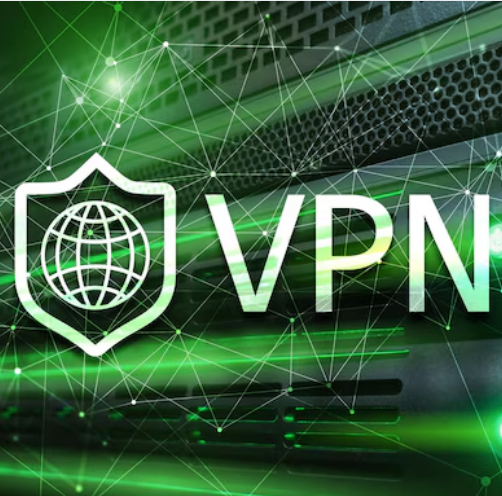“Explore the top VPNs for 2025 and learn how they can enhance your privacy and security online. Protect your data with the best VPNs that ensure your privacy and safeguard against cyber threats.”
This version includes the focus keyword “your privacy” and fits within typical SEO meta description character limits while summarizing the article.
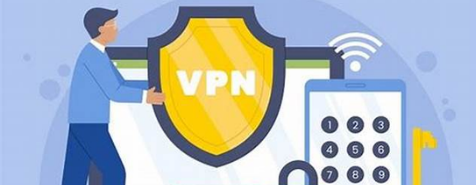
your privacy
Why Is Your Privacy Crucial in 2025?
As technology continues to evolve, privacy is increasingly under threat. From hackers attempting to steal personal data to companies collecting vast amounts of information about your online activities, protecting privacy is essential. A VPN creates a secure connection between your device and the internet, ensuring that all your data is encrypted and your privacy is maintained.
The importance of privacy cannot be overstated, especially as more people use public Wi-Fi networks, where data can easily be intercepted. A VPN encrypts your and ensures that even on unsecured networks, your personal information remains protected.
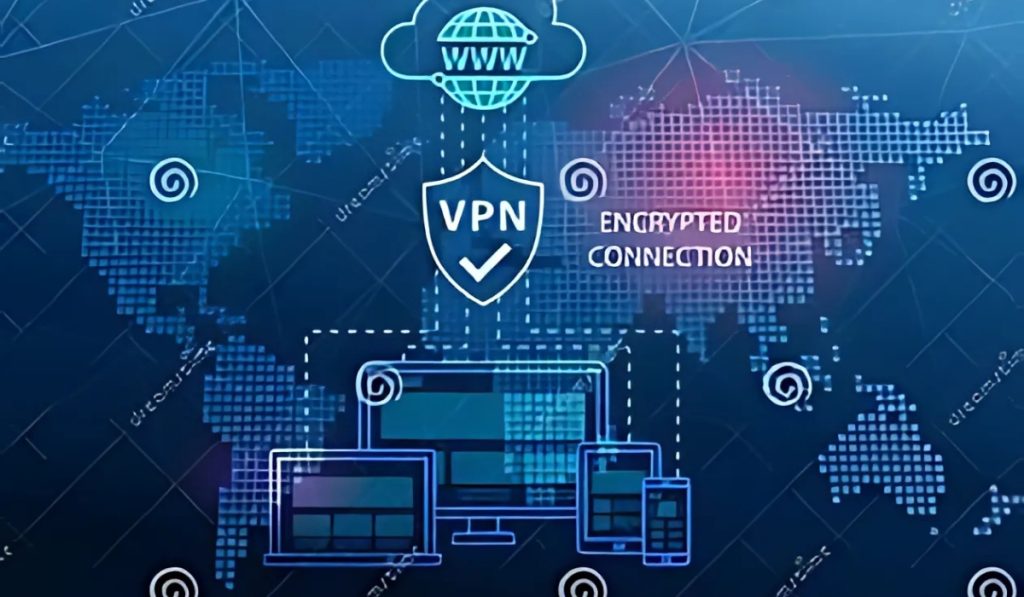
Absolutely Safe
What Is a VPN and How Does It Protect Your Privacy?
A VPN creates a private tunnel between your device and the internet. All your online activities, including browsing, shopping, and streaming, are encrypted. This encryption protects by ensuring that third parties cannot access or track your data.
By using a VPN, your is further safeguarded with features such as IP masking, which hides your actual IP address, making it difficult for websites to track your location or activities.
Top VPNs for 2025 to Secure Your Privacy
Choosing the right VPN is essential for effective online protection. Below are some of the best VPNs for 2025 that can enhance your and ensure your data remains secure:
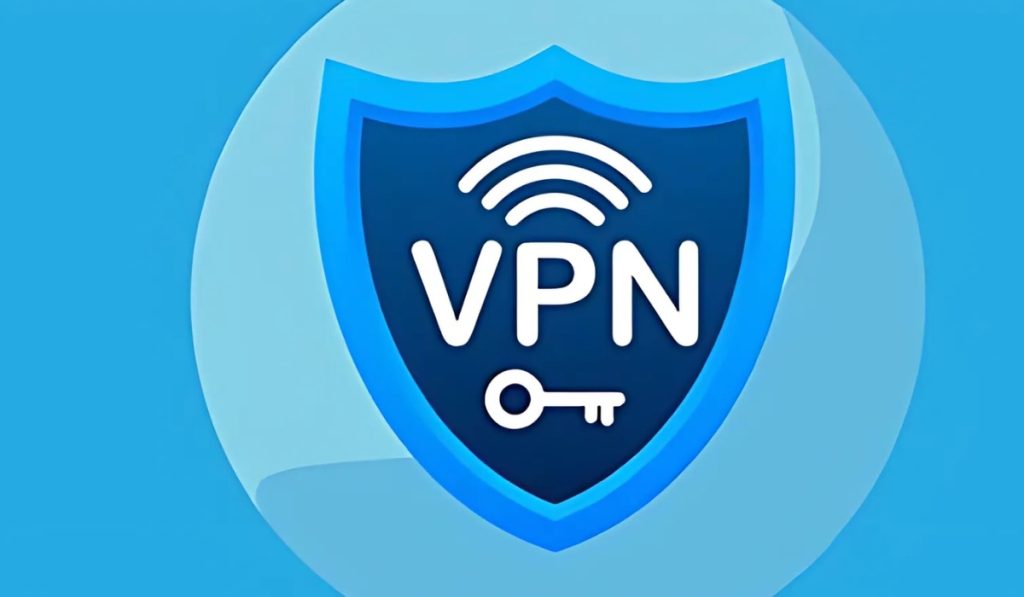
Gives You Access
1. ExpressVPN: The Ultimate Choice for Your Privacy
ExpressVPN is known for its exceptional ability to protect while offering fast speeds and a reliable service. With servers in over 90 countries, ExpressVPN provides robust encryption and a strict no-logs policy. This VPN ensures that privacy is never compromised.
ExpressVPN’s user-friendly interface and high-speed servers make it an excellent choice for individuals looking to protect your privacy while browsing or streaming.
2. NordVPN: Advanced Security for Your Privacy
NordVPN is another top contender in the world of VPNs, offering a strong focus on your privacy. With over 5,000 servers worldwide, it ensures that your privacy is maintained through its robust encryption and no-logs policy. NordVPN also offers a feature called Double VPN, which routes your internet traffic through two separate servers for extra protection, ensuring that your privacy is always intact.
This VPN is ideal for those who want advanced features to enhance your privacy while enjoying high-speed internet access.
3. CyberGhost VPN: Simple Yet Effective for Your Privacy
CyberGhost VPN is perfect for those who want a simple, user-friendly solution to protect your privacy. It offers strong security features, including a no-logs policy, encryption, and a kill switch. CyberGhost has over 7,000 servers across 90 countries, ensuring fast speeds and excellent privacy protection for users all over the world.
CyberGhost’s easy-to-use interface and its commitment to protecting your privacy make it an excellent choice for both beginners and experienced users.
4. Surfshark: Affordable, Yet Powerful for Your Privacy
Surfshark provides a cost-effective solution without compromising on security. It offers unlimited device connections, making it perfect for families or users with multiple devices. With strong encryption, a no-logs policy, and additional privacy features such as CleanWeb (which blocks ads and malware), Surfshark ensures that your privacy is always protected.
Despite being one of the more affordable VPNs, Surfshark offers a solid combination of security features that ensure your privacy is safe at all times.
5. Private Internet Access (PIA): Customizable Privacy Protection
Private Internet Access (PIA) is a customizable VPN that allows users to adjust their settings for optimal protection of your privacy. PIA offers strong encryption and a no-logs policy, ensuring that your privacy is secure at all times. With more than 35,000 servers, PIA offers excellent speed and stability, making it a great option for users who want control over their VPN experience.
PIA is perfect for those who want advanced settings and additional privacy features to secure your privacy online.
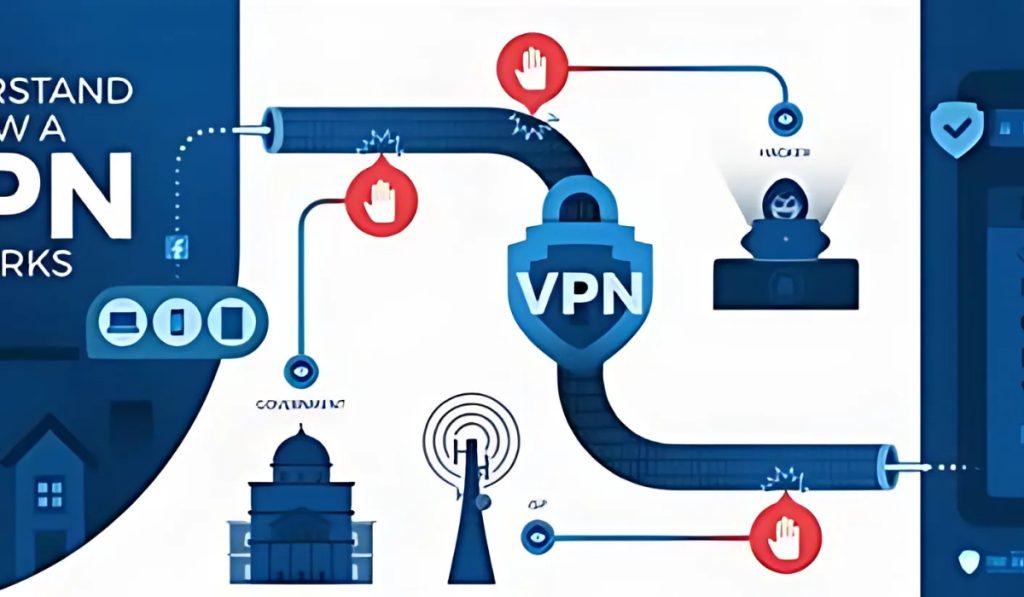
need a VPN
The Importance of Encryption in Protecting Your
One of the main reasons to use a VPN is the encryption it provides. VPNs use secure encryption protocols like AES-256 to protect your privacy by making all your online activity unreadable to third parties. With strong encryption, VPNs ensure that your data is protected from hackers, government surveillance, and cybercriminals.
In 2025, encryption has become more important than ever as hackers and cybercriminals become more sophisticated. Using a VPN with strong encryption ensures that privacy is maintained even when using public or unsecured networks.
How VPNs Prevent Data Leaks and Protect Privacy
While using a VPN is crucial for protecting your privacy, it’s also important to ensure that no data leaks occur. VPNs with DNS, WebRTC, and IP leak protection are essential in safeguarding your privacy by preventing your real IP address from being exposed.
Top VPNs like ExpressVPN, NordVPN, and CyberGhost are equipped with leak protection, ensuring that is not compromised if your VPN connection drops unexpectedly.
Key Factors to Consider When Choosing a VPN for Your Privacy
When selecting a VPN, there are several critical factors to consider that will ensure your privacy is adequately protected in the online world. With the increasing number of cyber threats, data breaches, and privacy violations, a VPN is essential in safeguarding your personal information. Here are the key aspects you need to evaluate before choosing a VPN service:
1. Encryption Protocols
One of the most crucial elements of a VPN is its encryption standard. Encryption ensures that all your data is transformed into unreadable text, protecting it from prying eyes. When it comes to encryption, you should prioritize VPN services that use AES-256 encryption, which is the gold standard in the industry. AES-256 (Advanced Encryption Standard with 256-bit keys) is widely regarded as virtually unbreakable and provides a high level of security for your privacy.
Without strong encryption, your data could be intercepted, leaving your sensitive information exposed. With AES-256 encryption, your private data remains secure, even in public Wi-Fi hotspots, ensuring that hackers, government agencies, and third parties cannot access your online activities. When choosing a VPN, make sure it employs robust encryption methods to safeguard your privacy in all scenarios.
2. No-Logs Policy
A no-logs policy is essential when choosing a VPN service because it means the provider does not track or store your browsing history or any personally identifiable information. VPN providers that retain logs can potentially hand over your data to authorities or hackers if requested. This makes it critical to opt for VPNs that have a strict no-logs policy, ensuring that even the VPN provider itself does not have access to your sensitive information.
A reliable VPN that adheres to a no-logs policy ensures that your privacy is preserved at all times. They will not store your IP address, browsing activity, or connection timestamps, which can otherwise compromise your privacy. Many reputable VPNs, such as ExpressVPN and NordVPN, have undergone independent audits to verify their claims of maintaining a no-logs policy.
3. Leak Protection
Leak protection is another key factor to consider when choosing a VPN. Even with a secure VPN connection, there’s always the risk of data leaks, which can expose your IP address, DNS requests, or other identifiable information. VPNs that offer DNS, WebRTC, and IP leak protection prevent these types of leaks from happening, ensuring that your privacy remains intact.
-
DNS Leak Protection ensures that your DNS requests (which reveal the websites you visit) are routed through the VPN’s secure servers instead of your internet service provider (ISP). This prevents your browsing activity from being exposed.
-
WebRTC Leak Protection blocks WebRTC, which is a browser feature that can unintentionally reveal your real IP address while you are connected to a VPN.
-
IP Leak Protection ensures that your real IP address is never exposed, even if the VPN connection drops unexpectedly. This feature is especially important in cases where a sudden loss of connection might otherwise reveal your true identity and location.
By ensuring that your VPN has these types of leak protection, you can maintain the integrity of your privacy and continue to browse securely.
4. Server Network
The size and scope of the VPN provider’s server network play a significant role in both performance and privacy. A large, diverse server network ensures that you have a wide range of options when connecting, which helps to maintain your privacy in several ways:
-
Anonymity: A large server network helps hide your true location by providing many different virtual locations to choose from. This makes it harder for third parties to track your online activity.
-
Faster Speeds: More servers generally mean less congestion, leading to faster speeds for streaming, downloading, and browsing. A faster VPN connection improves your overall online experience without sacrificing your privacy.
-
Access to Content: With servers spread across multiple countries, a large server network ensures that you can access region-restricted content securely while maintaining your privacy.
For the best privacy and security, ensure the VPN has an extensive and well-distributed server network. Look for VPNs that offer thousands of servers in multiple countries, giving you more options to protect your privacy and maintain internet freedom.
5. Kill Switch Feature
A kill switch is a critical feature that automatically disconnects your device from the internet if the VPN connection drops unexpectedly. This feature is important because if your VPN connection fails, it could leave your online activity exposed, compromising your privacy. The kill switch ensures that if the VPN connection is lost, your device will stop sending or receiving data until the VPN reconnects, preventing the accidental leak of sensitive information.
The kill switch ensures that your privacy is never at risk, even during brief interruptions in the VPN connection. Some VPNs offer different types of kill switches, such as app-based kill switches that disconnect only specific applications or network-wide kill switches that block all internet traffic. By choosing a VPN with an effective kill switch, you ensure that your privacy is safeguarded in any situation, even if your VPN connection temporarily fails.
6. Speed and Performance
While the primary purpose of a VPN is to enhance your privacy, it’s also essential to ensure that the VPN service offers good speed and performance. A slow VPN connection can make streaming, gaming, and browsing frustrating, which could deter you from using the service regularly. When evaluating a VPN, look for one that balances excellent encryption with good speeds, as you don’t want your online experience to suffer in the name of privacy.
Some VPN providers offer features like split tunneling or optimized servers that help you maintain both fast speeds and strong security. Always check whether the VPN has the infrastructure to offer high-speed connections without compromising your privacy. Many leading VPN services provide detailed performance data, which can help you make an informed decision based on your speed and privacy needs.
7. Compatibility with Devices
The best VPNs for protecting your privacy should be compatible with various devices and operating systems, including Windows, macOS, Android, iOS, Linux, and even routers. In addition to being able to use the VPN on your computer and smartphone, you may also want to secure devices such as smart TVs, game consoles, and streaming devices.
When choosing a VPN, ensure that it provides easy-to-use apps for all of your devices. Some VPNs even offer browser extensions for added privacy protection. The more devices the VPN supports, the easier it will be to protect your privacy across all platforms.
8. Price and Value for Money
While price should never be the sole determining factor in choosing a VPN, it’s essential to consider the value you’re getting for the cost. Many VPNs offer a range of pricing plans, from affordable to premium, and often come with a money-back guarantee. It’s worth paying a little more for a VPN that guarantees your privacy and offers a range of features to suit your needs.
Some VPNs offer discounts for long-term subscriptions, and many include added extras like free trials, ensuring you can test the service before making a long-term commitment.
Conclusion: Protect Your Privacy in 2025 with a VPN
As cyber threats continue to evolve in 2025, using a VPN has become essential for protecting your online. With the right VPN, you can secure your data, prevent tracking, and enjoy an anonymous online experience. VPNs like ExpressVPN, NordVPN, and CyberGhost offer the best features to enhance your and keep you safe from cyber threats.
By using a reliable VPN, you can ensure that remains protected in an increasingly interconnected world. Don’t wait—take control of your and secure your online activities today with the best VPNs for 2025.

